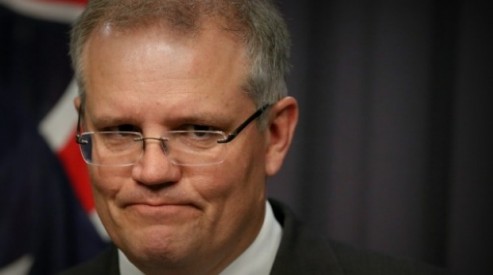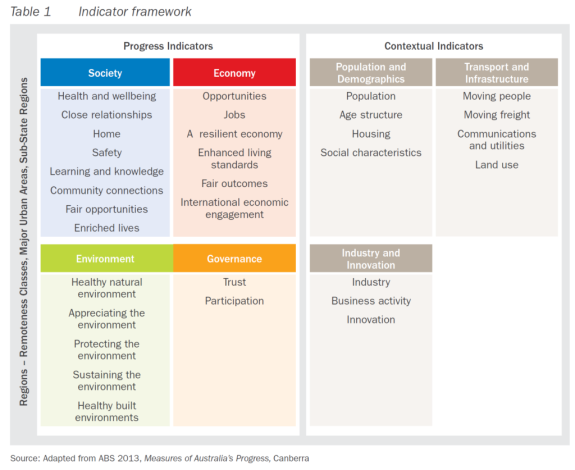Morrison’s Approaching Waterloo

It may be early days but Joe Hockey’s second and final attempt to bring down a credible budget appears to be unravelling already. Even on the night of his budget speech in May it was clear that his growth projections were far too optimistic.
It makes one wonder if the whole budget process was one started first by establishing a bottom line and then working backwards, fudging the figures necessary to substantiate it.
Is that how they eventually arrived at a growth estimate of 2.75%? Perhaps it was a case that if it sounded unattainable, to hell with it, that’s what it was going to be.
And then they made it 3.50% all the way out to 2019/20?
The Reserve Bank announced on Friday it was downgrading its growth estimate to 2.25% for the current fiscal year. Surprise, surprise! If correct, that has the potential to blow out the deficit by a further $11 billion.
Not that we should be concerned about deficits. It’s the ability to manage them that should have us concerned; particularly when our current treasurer thinks we only have a spending problem.
The fact is, deficit spending is what we need right now, but it has to be targeted. It has to be value adding, creating employment and making a positive contribution to our GDP.
The current deficit projections cannot be attributed to anything positive because they are essentially caused by over-optimistic estimates, not excessive spending. While revenue for the first three months of the May budget is on track, giving Scott Morrison some breathing space, it is based on reduced earnings that are likely to continue declining.
Peter Martin in ‘The Age’ says, “The charts in the budget that predict a return to surplus by 2019-20 were built around an assumption of fast economic growth of 3.5 per cent in the five years to 2021-22.
That growth estimate is simply unreasonable and based more on hope than insight. That means revenue projections over that same period cannot be achieved without significant tax increases. Realistically, a surplus is not on the horizon any time soon.
How long Morrison will continue to kid himself about his perceived revenue/spending problem remains to be seen but sooner or later he will have to face the reality of a slower China and a population not growing as fast as expected.
He has also stated that any increase in the GST would not be used to boost the overall tax intake. How could it not, unless it is all given away in compensation. If that’s the case, why bother increasing it?
Thus far, Morrison has given no indication that he understands how to manage a national economy any better than Joe Hockey. I have no doubt Malcolm Turnbull has a better idea but he is hamstrung by a neo-classical mindset that suffocates his extreme right wing colleagues.
This situation, therefore, foreshadows a difficult time for both men. Sooner or later, unless some Chinese miracle occurs, there’s going to be a clash of ideologies, a seismic shift that will see one of them emerge triumphant, while the other goes the way of Joe Hockey.
If it’s Morrison that survives, the economy and by extension, the Australian people, will be the big losers. However, the spin merchants within the Liberal Party will camouflage it such that it is not likely to be apparent until after the next election.
Without a radical change in strategies along the lines that Italy and Canada are starting to entertain, we will continue in decline for some time yet.
And we should not expect Andrew Robb’s Trans Pacific Partnership (TTP) to come to the rescue either. The news from Hilary Clinton is not good. It is unlikely that, in its present form, it will achieve the 85% GDP target of member nations it needs, for approval.
I suspect Scott Morrison is about to meet his Waterloo.
Like what we do at The AIMN?
You’ll like it even more knowing that your donation will help us to keep up the good fight.
Chuck in a few bucks and see just how far it goes!










